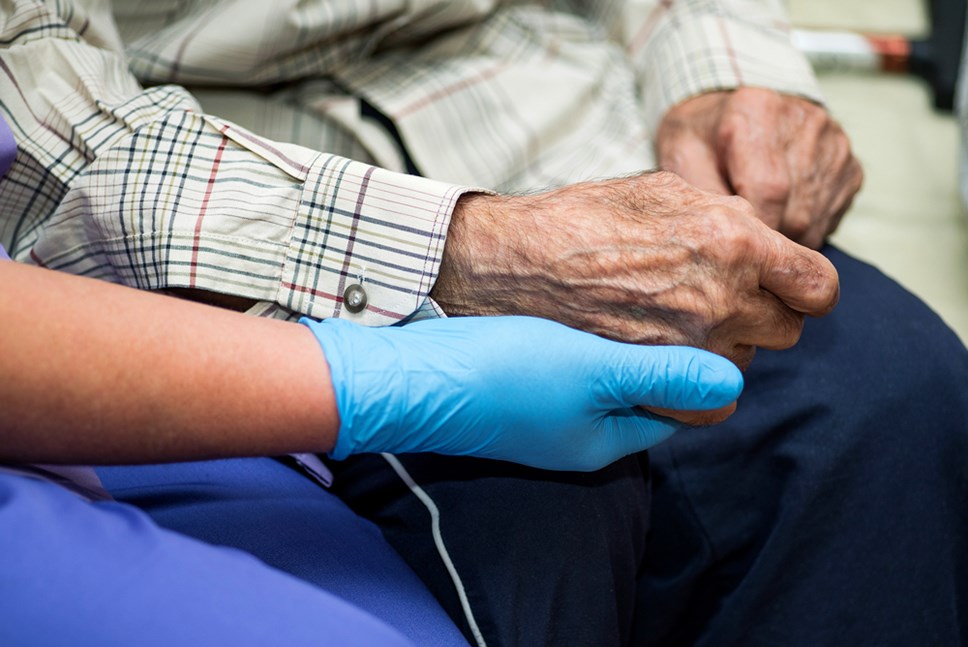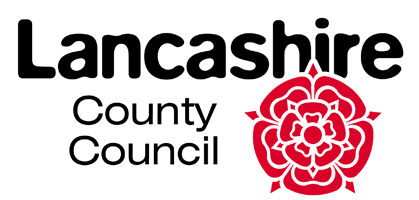
Funding rise for Lancashire's adult social care sector set to be discussed
Proposals for a rise in funding for Lancashire's adult social care providers are to be considered by Lancashire County Council's Cabinet.
If given the green light, the increased funds will go from the county council to 900 contracted providers of services like residential care, supported living, day care and home care, among others, benefitting Lancashire residents supported by the county council.
Around 38,000 carers and adults in both community and residential settings are currently supported by county council-commissioned services, at a cost of around £550million a year, delivering adult social care services like nursing and residential care, day care, respite and short term care services and a range of support packages.
This year's proposed rise in funding is aimed at helping them cope with challenges like inflation, increased energy costs, the cost of living and staff recruitment and retention, and is set to be considered by the county council's cabinet when it meets on February 8.
The suggested increases follow consultation between the council's adult and social care commissioners and care providers, as well as research into local market pricing and current demands.
If approved, the fees from the council to around 400 council-commissioned residential care homes will go up, benefitting around 4,800 people's funded placements. This means all residential and nursing-based services would see their funding from the council go up between 8.7% and 9% from April.
Similarly, Supported Living, which provides support and accommodation for working age adults with learning or physical disabilities to help them live independently, will see a rise of 11.3%, if the measures are approved.
The council's five commissioned Extra Care providers, which it commissions to deliver housing with care, as well as eight Sheltered Housing ones, would both get a rise of 9.1% in county council funding.
More than 7,000 carers supported by the council would see their annual payments go up in line with inflation, with those on a lower rate getting £321.73 and those of the higher rate receiving £475.61.
Shared Lives carers - individuals based in their own homes who support adults with learning or physical disabilities or older people - will get an increase of 6.7% while providers of daytime support, who cater for more than 1,200 adults, will get a fee increase of 8.7%.
Meanwhile, people who manage their own care directly via what is known as 'Direct Payments' will see their weekly payments go up by 9.1%, while short term care services like crisis care, reablement, and hospital aftercare supporting people leaving hospital, will also see their funds go up by 9.1%.
The proposed rises will cost around £37m and have been planned for in the council's 'medium term financial strategy.'
County Councillor Graham Gooch, cabinet member for adult social care, said: "Our providers deliver services and support some 38,000 adults who need social care support in what continue to be very challenging circumstances.
"There are a number of costs which these businesses and people face, which rise every year in line with inflation, and we believe this proposed increase could really help them cope with challenges such as energy bills, staff retention and recruitment, the cost of living and other additional pressures on the care sector.
"It goes without saying that it's absolutely essential to ensure people continue to get the social care support they need in what is currently a very challenging time for those in the care sector."
